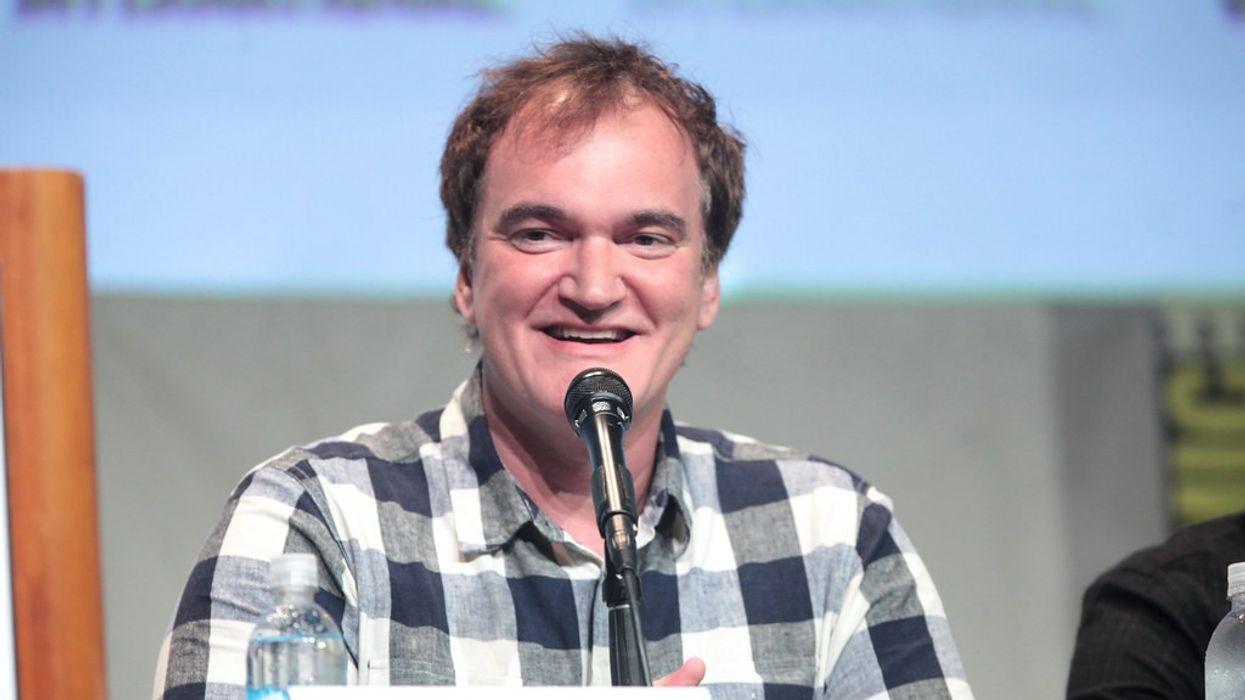What do you say to them? How do you give direction? How should you conduct yourself on set around the ones you've hired to pull off such an emotionally challenging task? Well, the best people to ask are probably -- actors. RocketJump Film School did just that, asking a handful of different actors what they look for, hope for, and expect when collaborating with directors.
Check out the video below:
In case you couldn't watch the video, here are the things they mentioned:
Don't bring up other actors
No one likes to be compared to anyone, so don't tell your actors to "act like" or "be like" a certain actor, or give a performance similar to one of theirs, because you're not inspiring them, you're actually just insulting them.
Create a positive environment
Making movies is stressful, but as the director, you're in charge of making sure that everybody has a healthy, safe, and positive working environment. This doesn't mean that you have to be Mr. Smiley all the time, but it does mean that you behave professionally and allow your actors to work in a space that gives them the security to be vulnerable.
Communication is key
When do your actors need to be ready for their next scene? What is their motivation? When's lunch? What do you want them to change about their performance? These things and so much more you need to communicate clearly and often to your actors so they know what's expected of them.
Everything matters
If your actors bring up an issue with the script or ask you about a detail of their character's backstory, don't just shrug it off as something meaningless. If they're bringing it up it matters, and just because you haven't given it much thought don't mean that it doesn't. Let your actors know that you haven't really thought about it, but that it's something you guys can take a look at at a convenient time.
Line readings
Don't tell your actors how to give their dialog. There are some who don't mind when a director gives them a line reading, but seriously -- you hired your actors for a reason and they're there to do a job, so let them do it.
Know what you want
The director who bumbles around and doesn't really know what they want isn't the director that inspires confidence in their actors. Know what you want -- even if what you want doesn't work. Kevin Smith says that directing is just about being able to answer questions:
All you have to do is be able to answer questions; that's what the job is -- You're always kind of open to suggestions, so really the direction job solely comes down to your ability to answer questions at a moment's notice and turn the ship on a dime if you have to.
Keep your direction clear and concise
Don't give your actors a 10-minute monologue about their backstory, which then turns into a speech about what their motivation is, which then veers off into a discussion about energy conservation and blah blah blah. You're literally giving directions, so make them simple to follow, or else your actor is going to just get lost.
Encourage your actors
Be a good human. That's a great lesson to learn as not only a member of the human race, but as a director as well. A leader of a team, whether it be at an office, a retail store, or a film set, needs to be encouraging to their people. A "Good job," or a "That was great," or a "You got it," will not only help show them that they're on the right track, but will also help remind them that they're an important member of your creative team.
This RocketJump video has a ton of great advice and insight from actors, so I'd suggest taking out a pen and paper and giving it a thorough watch.
What advice do you have on directing actors?
Source: RocketJump Film School












